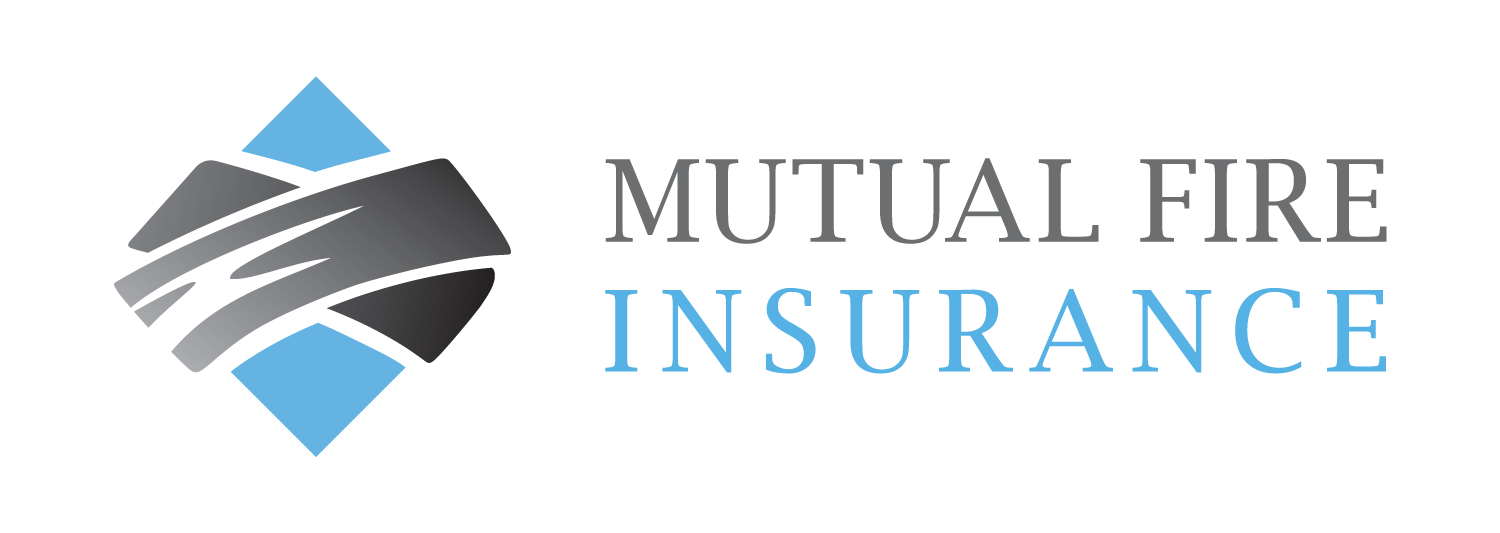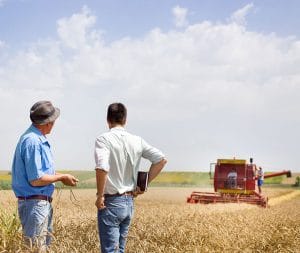How to Identify a Hobby vs Commercial Farming Operation

If you aren’t sure about the insurance differences between a hobby farm and a commercial farm, you have come to the right place. Below we breakdown a little bit about each! We also highlight some insurance coverages to consider with your broker depending on the category your farm falls into.
Hobby Farm
 A hobby farm, also known as acreage or homesteading, performs small scale farming, often for the joy it brings. Though hobby farmers are typically part-time, with income incidental to primary household income, owners will have insurance needs separate and unique from a residential policy or commercial farm policy. Generally, a hobby farm will be 30 acres of land or less with annual gross receipts of less than $10,000.
A hobby farm, also known as acreage or homesteading, performs small scale farming, often for the joy it brings. Though hobby farmers are typically part-time, with income incidental to primary household income, owners will have insurance needs separate and unique from a residential policy or commercial farm policy. Generally, a hobby farm will be 30 acres of land or less with annual gross receipts of less than $10,000.
Some hobby farm coverages to go over with your insurance broker include:
- Farm buildings — such as your barn, tool shed, or feed storage
- Farm liability — additional legal risks that come with owning a large property
- Produce — including vegetables, fruits, and grains grown on your property
- Livestock —animals typical to a farm such as chickens, pigs, llamas, horses, or bees
- Mobile machinery — such as tractors, manure spreaders, and ATVs
Commercial Farm
A commercial farm operates to generate revenue which is the primary source of income for the farmer. Full time farmers operate complex businesses that are growing in size across the country. This means more land to farm, equipment to buy, and products to sell. Canadian farmers feed the nation and may also produce a surplus to be exported globally such as poultry, beef, produce, dairy, and grain.
Some farm coverages to review with your insurance broker include:
- Additional liability — supporting risk associated with hired workers and additional homes on the property
- Seasonal and secondary homes — ensure your additional homes are covered
- Fencing — protect fencing, corrals, and paddocks on your property
- Farm equipment breakdown — including stationary equipment like sprinklers, heating, and computers
- Business interruption — ensure you have coverage for earnings and expenses in case of an insured loss


